QuestionHi Ron, this is Nicole Putnam, also with you here on the category Fish.
My Malawi cichlids have spawned and I have observed at least 6 fry hiding in the various rockwork in my tank. I have been reading like mad on the subject (since I have never had this happen in any of my tanks before, except for my brief stint with livebearers!) but I would feel better if I could just run by you what I have done so far to preserve the fry. Any advice you could offer would be most helpful.
Before the spawning, there were a few background plants, mostly lava rock, petrified wood, and two ceramic cups as aquascaping. Some round natural gravel and finely crushed coral as a substrate, which the mbuna have always loved to mouth. Just for the record, I have a female Yellow lab, a male P. socolofi, and an almost certainly male P. crabro in the tank, which is 29 gallons. Since the spawning, I have added tons of smooth stones, small extra cups, and several more plastic plants. I am hoping to be able to keep the fry in with their parents, but my plan is to remove the Bumblebee since he is making the father visibly shake and dart should he venture out of his corner. He has been looking a little worse for wear and I am currently "tanked out" at the moment, so before the nipping escalates, I believe I am going to trade him in. I tried putting a "free to good home" classified - unfortunately, not much of a market for cichlids here in Central FL, unless they are Oscars or Dempseys or some equally tough looking, boisterous species.
Do you think that if the two parents are allowed to remain in the tank that they will continue their good parenting behavior? The male has a couple of fry in his favorite cave with him at all times and he has been happily digging. I believe there might even be a few more under the (now defunct) undergravel filter plate. The yellow lab hardly comes out at all, and when shes does, the male circles round her - encouraging her to get back to her youngsters, perhaps? I have been feeding them a mixture of crushed flakes (cichlid flakes, seafood flakes, freshwater community flakes, a few spectrum pellets, cyclopeeze, spirulina) soaked in VitaChem. I feed them about four times a day, about once a day sucking defrosted mysis shrimp into the turkey baster. Hopefully my LFS will restock their frozen BBS soon. I have clipped on some small Nori sheets on opposite sides of the tank on alternate days, hoping they will graze a bit. Anything else I can do? I don't believe I can find the patience to hatch some Artemia. I am already working on culturing a shallow grow-out tank with live plants for them, with duckweed and water lettuce. I don't know how well it's going to take, since the plants were in a dormant state when I picked them. I should mention here that my tap water is soft. Somehow, my three cichlids have adapted nicely to a pH of 7.2. The water in the grow-out tank would be temperature and pH adjusted, of course.
Sorry for the novel! I just would love to know if I am doing the right thing keeping them in the tank, at least until they are old enough to swim around freely to and fro. They are nestled in the nooks and crannies right now, but they are growing noticeably every day, and a few are boldly crossing the tank in search of an extra squirt of food. I am just so worried that when they become more active, the parents will forget they are their own and will snack on them! Ideally, I hope to keep them in there alongside the parents, at least until they are a full inch. After that, I can see if Santa brings me a new tank (and more square ft in my apartment!) for Christmas.
Thank you so kindly for your help. Keep up the excellent work!
Nicole
AnswerHi Nicole,
Hmmm.. male Malawi cichlids generally don't provide much parental care so if you are seeing that, it might be short lived. They are mostly interested in creating the next batch of kids. Even female Malawi cichlids, while great at mouthbrooding, don't do much for long after the mouthbrooding is over so if you want them to live, you either have to provide a lot of cover in that tank or move them out.
-- Ron
rcoleman@cichlidresearch.com
Cichlid Research Home Page <http://cichlidresearch.com>

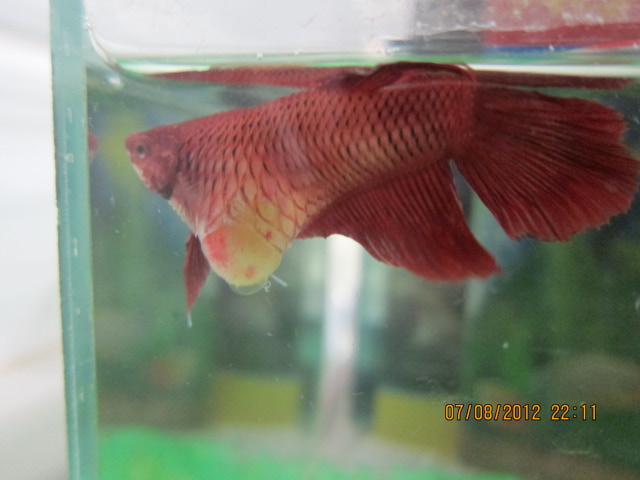 Bloated Belly
Question
My Beta fish Bloated Belly
Hello
Bloated Belly
Question
My Beta fish Bloated Belly
Hello
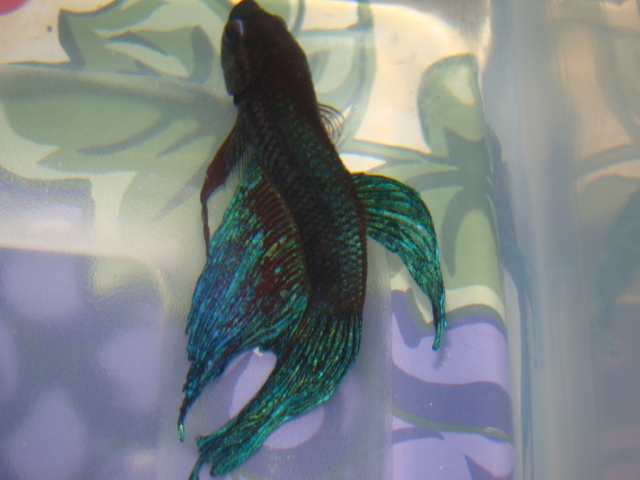 Betta with TB?
QuestionQUESTION: 2 year old male betta sick approx. 2w
Betta with TB?
QuestionQUESTION: 2 year old male betta sick approx. 2w
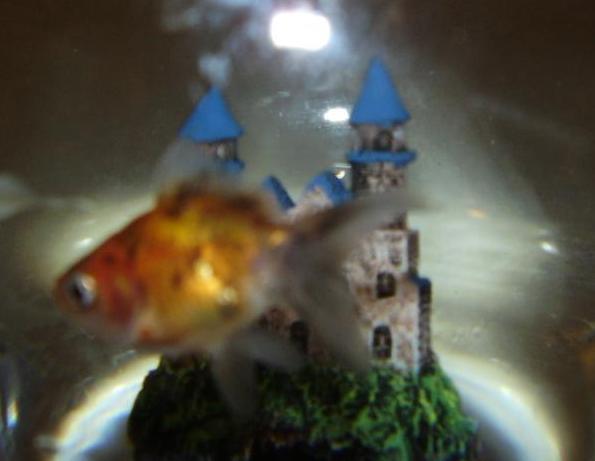 hand feeding fish
QuestionSpottie
QUESTION: Hi! Im really interest
hand feeding fish
QuestionSpottie
QUESTION: Hi! Im really interest
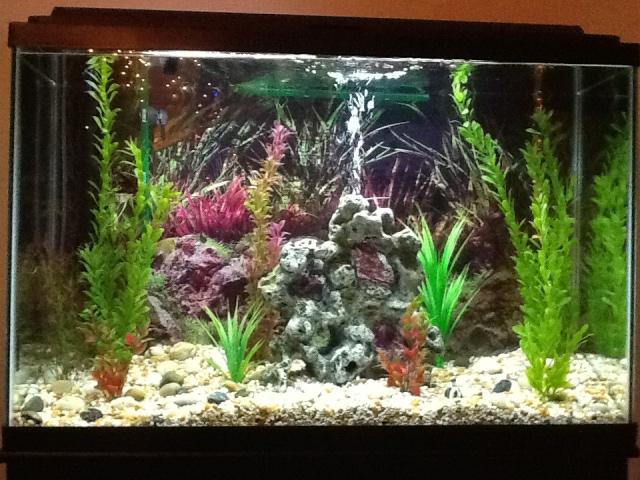 Testing water quality
Question
My tank
I have a 45 gallon tank with 4
Testing water quality
Question
My tank
I have a 45 gallon tank with 4
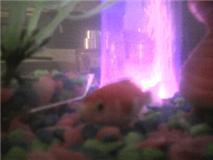 my fish is sinking to the bottom
QuestionQUESTION: Hello, my fish is sinking to the bott
my fish is sinking to the bottom
QuestionQUESTION: Hello, my fish is sinking to the bott